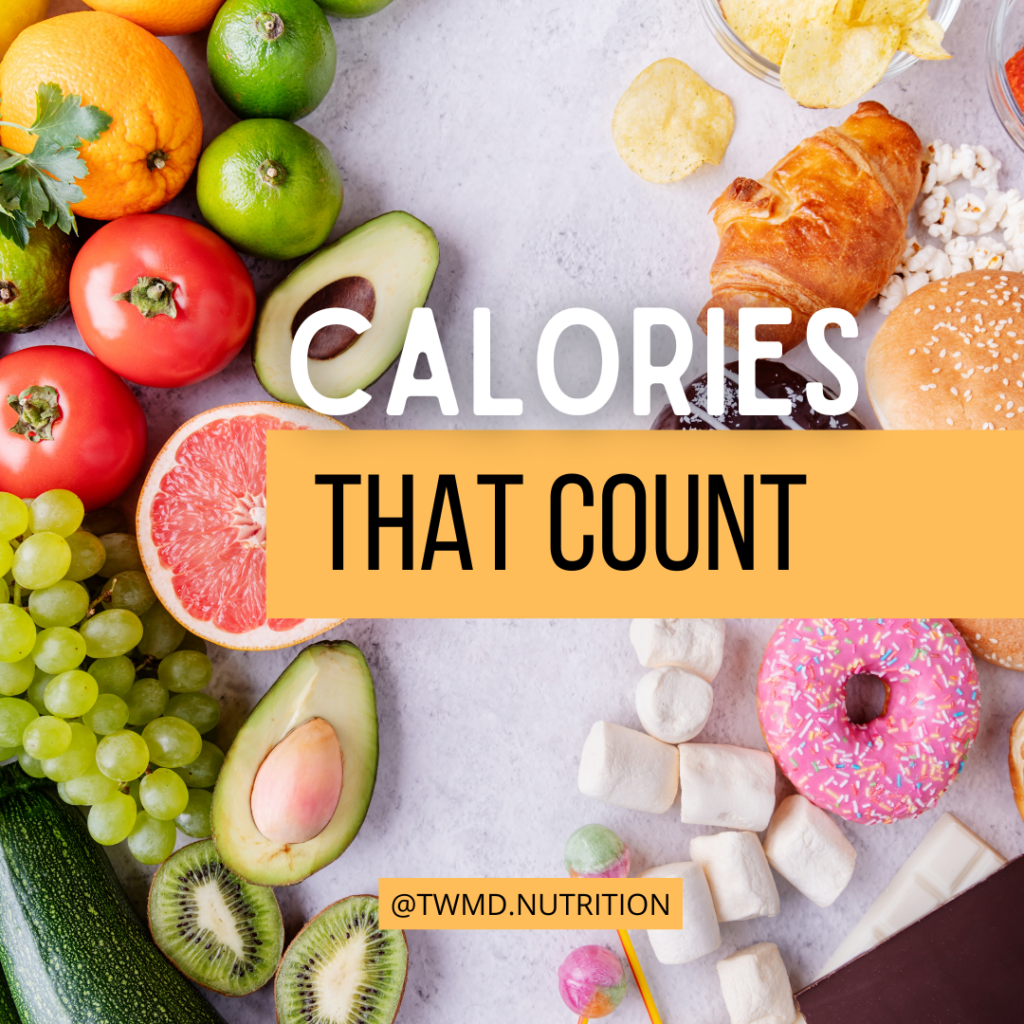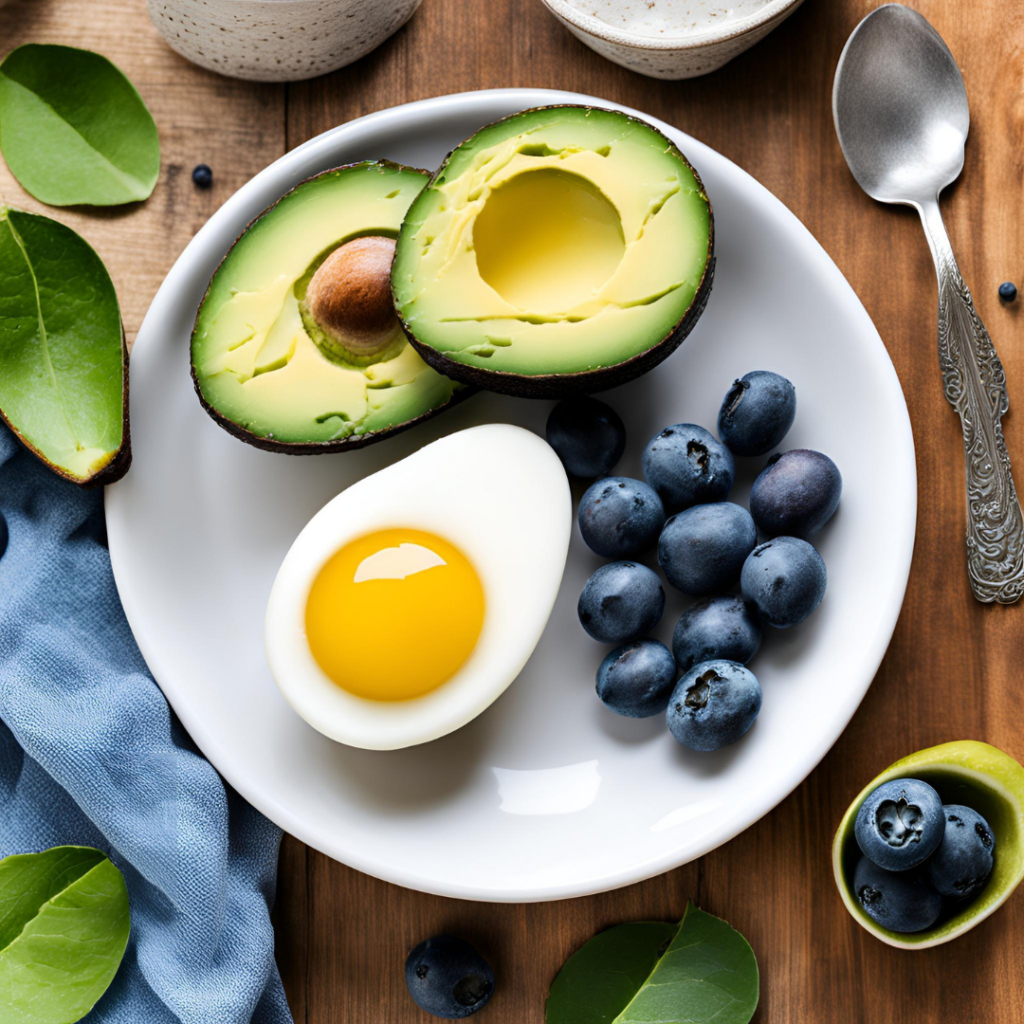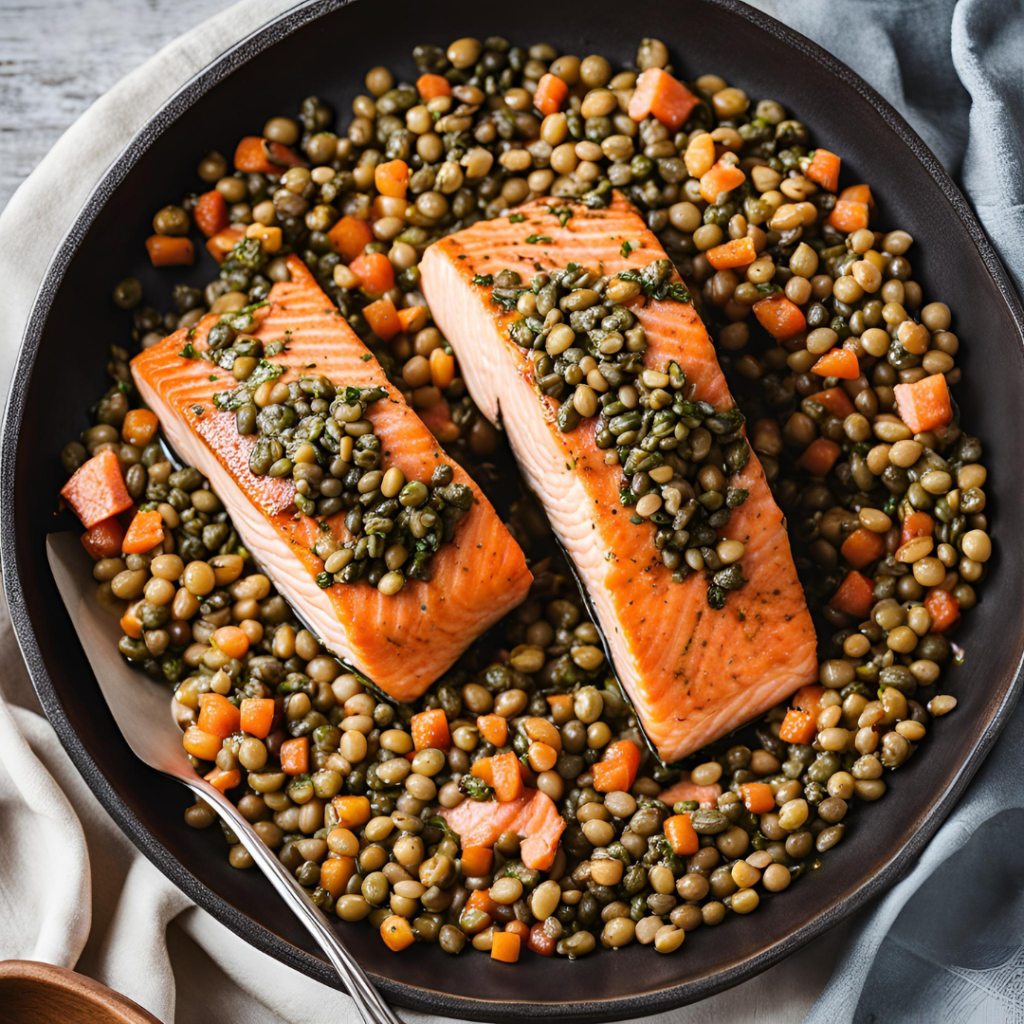Navigating Trans Fats
Here’s the thing: most of the foods we buy today are packed with trans fats and processed ingredients, making them the “norm” for what we eat. As a result, whole foods or products made from them can taste “off” because we’re not used to the natural flavors and textures. Most people would choose what tastes and feels better.
To meet the recommended fat intake of 20-35% of total calories, most fats should come from polyunsaturated and monounsaturated sources, such as nuts, seeds, and their oils, along with omega-3s from fish and shellfish.
About Trans Fats
Trans fats are a type of dietary fat that we often consume more than other fats sometimes without even realizing it. They sneak into so many everyday foods like margarine, cookies, cakes, fried fast food, and packaged snacks. Honestly, they’re everywhere! These fats are created through hydrogenation, a process that turns liquid oils into solids at room temperature, most commonly used are vegetable oils. The chemical change happens because the double bonds in the fatty acids are rearranged into the trans position, which is where the name “trans fats” comes from, and makes the oil more stable and extends the shelf life of products. Ever wonder why some of these items seem to last way longer than if you were to make them fresh?
However, don’t confuse these with naturally occurring trans fats, which form when animals eat plants, and we then consume the animals like in beef and some dairy products such as milk and cheese. So, technically, these fats can’t be completely eliminated from the human diet. No worries though, the trans fats that come from animals naturally are negligible to our everyday health.
Health Risks Associated with Trans Fats
These food products may taste “so good” because they are chemically made too. Over the years more research has been conducted and supported the direct impact artificial trans fats have on proved the direct connection of trans fatty acids with cardiovascular diseases, disorders of the nervous system, diabetes, obesity, allergies, and pregnancy concerns to name a few areas.
Inflammation
It’s no surprise that trans fats contribute to inflammation, which is the root cause of several health issues like diabetes and heart disease. Elevated systemic inflammatory markers are often linked to conditions like metabolic syndrome. What we eat has a massive impact on how our bodies feel and function so it’s important to make those food choices count!
Cardiovascular health
Heart disease often starts with untreated chronic inflammation in the body. Eating trans fats can make things worse by raising levels of “unhealthy” cholesterol (LDL) and lowering “healtful” cholesterol (HDL). It also increases triglycerides in the blood, which fuels more inflammation. Over time, this all adds up, significantly raising the risk of coronary heart disease (CHD). It’s a powerful reminder of how the foods we eat can directly affect our heart health!
Nervous system
We know that fats are a key part of our cell membranes, meaning the fats you consume ultimately become a part of those membranes and other processes as well. So, the saying “you are what you eat” is absolutely true. Trans fats compete with essential fats like omega-3s, which are crucial for the development of the nervous system and eyesight. Changes in dietary habits, like a high intake of processed foods, especially fast food loaded with trans fatty acids can increase the risk of developing central nervous system diseases.
Trans fat intake has also been linked to a range of mental health issues, including cognitive dysfunction, changes in brain chemistry, addiction, mania, movement disorders, and even increased sensitivity to stress and anxiety. It’s a reminder that what we eat directly impacts not just our physical health, but our mental and sensory well-being too. A diet lacking these essential fatty acids can lead to increased mental health concerns.
How to Identify Trans Fats in Your Diet
To spot trans fats on a food label, look for “partially hydrogenated oils” in the ingredients, that’s your main clue. Then, check the “Nutrition Facts” where trans fats are listed under “Saturated Fat” as “Trans Fat” in grams. If the label says “0g trans fat” but lists “partially hydrogenated oils,” don’t be fooled, it still contains a tiny bit of trans fat. Keep in mind, if a serving contains less than 0.5 grams of trans fat, it must be labeled as “0g” even though there’s still a small amount present!
A lot of trans fats are hidden in everyday snacks and meals without us even realizing it. Here are some common foods that often contain trans fats:
- Baked goods like crackers, cookies, cakes, frozen pies, and other frozen treats
- Margarine and vegetable shortenings
- Processed snacks like microwave popcorn, creamers, ready-to-eat frostings, frozen meals, and dough products
- Fast food
- Fried foods such as chips, french fries, donuts, fried chicken, and more
It’s easy to consume trans fats without even thinking about it, so being aware of these common foods can help you make healthier choices!
Reducing Trans Fats in Your Diet
Eating better doesn’t have to feel like a chore. These days, many food manufacturers are offering healthier alternatives with fewer ingredients and whole food sources. Consider swapping out those unhealthy snacks for better options. It’s always a good idea to cook at home or meal-prep, so you know exactly what you’re putting into your body!
Don’t forget: fiber is your best friend! If you’re keeping an eye on your lipid markers like cholesterol, triglycerides, HDL, and LDL, fiber can help lower circulating cholesterol. This amazing nutrient also plays a key role in flushing out toxins and other unwanted stuff from your body!
Live Longer, Stronger, Better with Tucson Wellness MD
Longevity starts with what you put in your body! Reminder that being healthy is not a destination or goal to be reached but a lifestyle that requires permanent healthful habits that will last. Need nutritional support or want to learn more of our services, please reach out to schedule your consult today!
STAY HEALTHY – STAY CONNECTED





